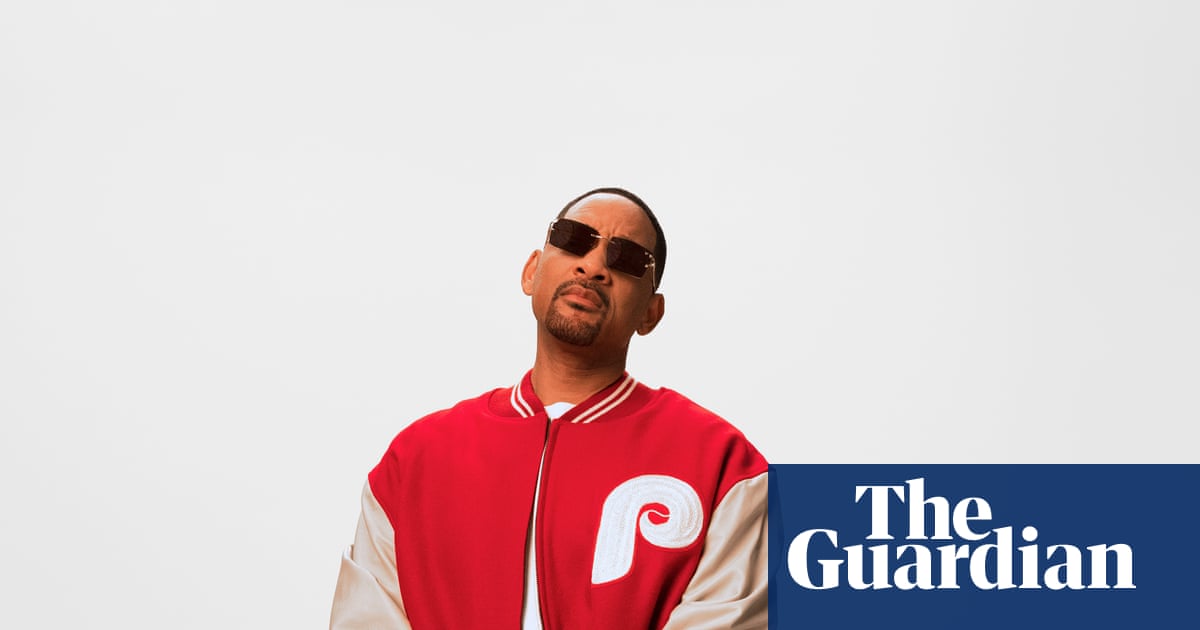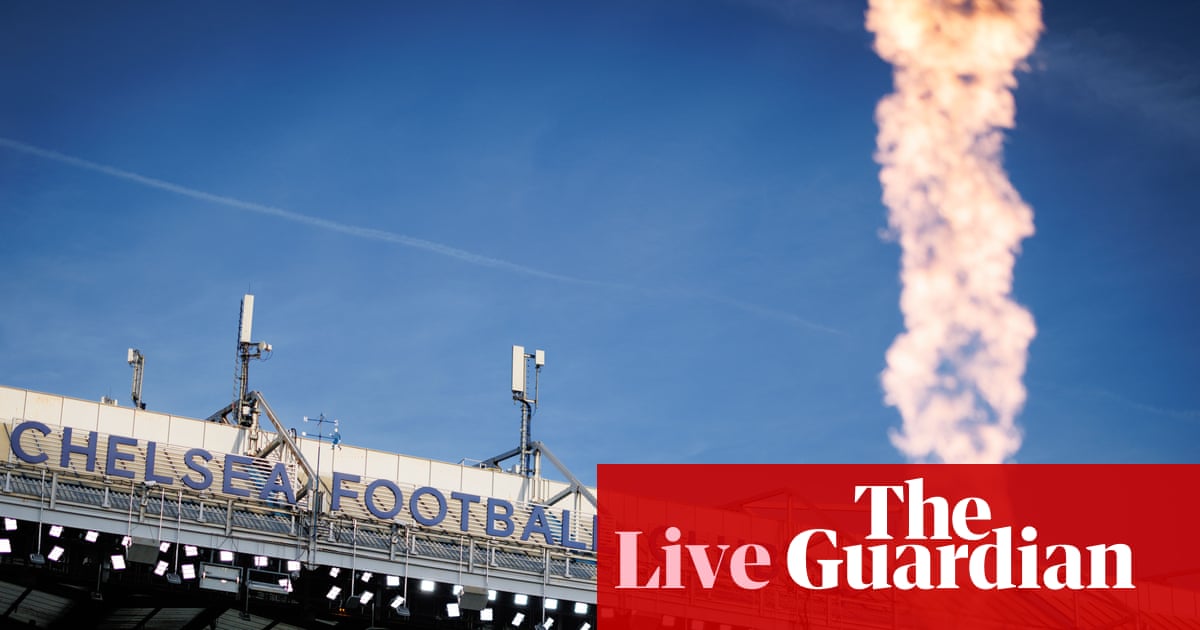JD Sports has said consumers’ wallets are “strained” as sales struggled on either side of the Atlantic and the retailer reported a fall in profits.
The company, which sells a range of sports brands including Nike and Adidas, reported a 13.5% fall in adjusted profits to £351m in the six months to 2 August and warned that annual comparable sales will be down compared with its last financial year.
JD Sports Fashion posted falls in sales at established stores across all geographical regions. North America – its biggest market accounting for 39% of its £5.94bn sales in the first half – was the worst hit, dropping 3.8%.
The second biggest fall in sales was in the UK, down 3.3% to £1.46bn, where overall there was a net reduction of 13 stores as JD Sports seeks to improve locations and optimise shop sizes.
In June the company opened a new flagship store at the Trafford Centre in Manchester, the largest of the 4,872 stores it operates under all brands globally.
Asia Pacific and Europe also suffered falls as overall JD Sports reported a 2.5% decline in comparable sales in the first half of it financial year.
“In an environment of strained consumer finances and evolving brand product cycles, operating and financial discipline remains a core focus for JD,” said Régis Schultz, the chief executive of JD Sports. “We are controlling our costs and cash well.”
Schultz added that the company expected a “limited impact” from tariffs imposed by Donald Trump, with “direct exposure” accounting for less than 10% of its sales in the US.
However, JD Sports – which also owns the Finish Line brand in the US and Sport Zone and Sprinter in mainland Europe – added that the limited impact was in part a result of buying stock before tariffs came into force.
“Looking further ahead, uncertainty remains over broader tariff impacts as well as US consumer sentiment,” it said.
Garry White, the chief investment commentator at Charles Stanley, said: “It’s going to be a tricky second half at JD Sports Fashion. Consumers are cautious – especially in the UK.
“To add to sticky inflation and a slowing economy, British consumers face the unknown of Rachel Reeves’s looming budget, where tax rises look a certainty. Positively, management expects limited impact from Donald Trump’s tariffs this financial year, but it does not expect no impact.”
after newsletter promotion
The company said operating costs rose by a fifth from £1.9bn to £2.4bn year on year in the first half. It expects to make £30m in cost savings and efficiencies this financial year.
Overall, JD reported a 20% increase in sales year on year. However, this was because of the acquisition of Hibbett in the US and Courir in France.
The tough trading environment has resulted in JD Sport’s share price falling by just over 40% over the past year.
Aarin Chiekrie, an equity analyst at Hargreaves Lansdown, said: “A shift of focus from expansion to raising brand awareness and squeezing the most out of its existing store footprint is a welcome one.
“And while like-for-like sales are still in negative territory, there are early signs that sales trends are improving. The recent challenges and market softness now look well priced in. If investors are patient enough to ride out some uncertainty over the next couple of years, it could prove to be a very attractive entry point.”

 3 months ago
56
3 months ago
56

















































